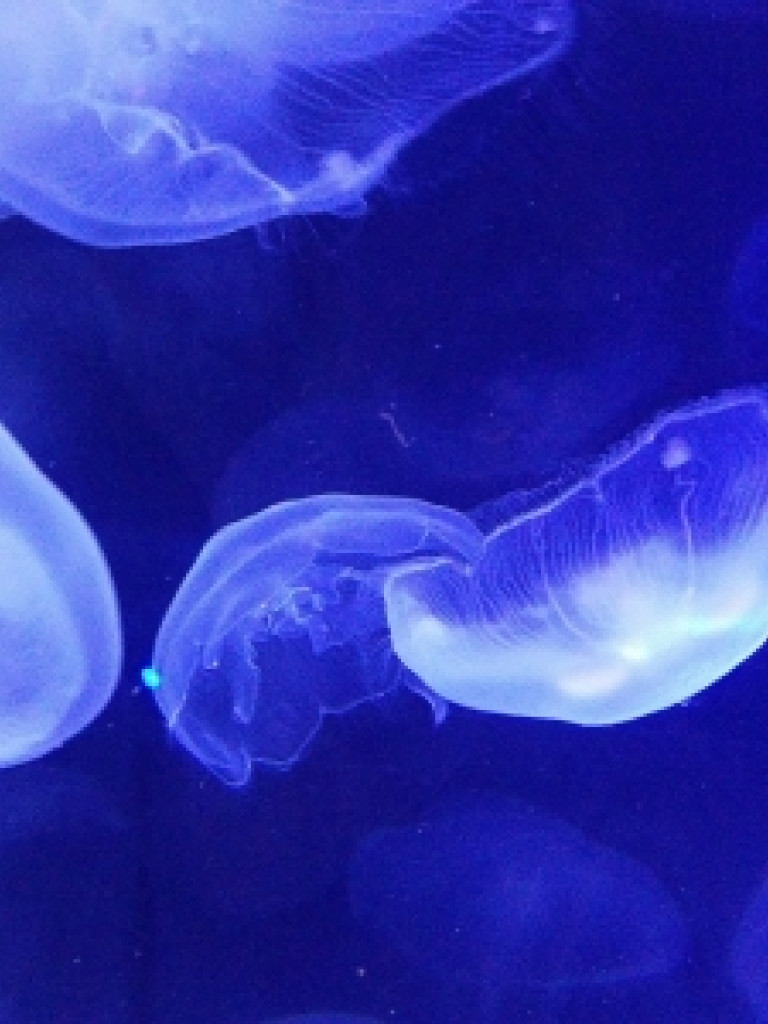
DOLITTLE
Dolittle uses anthropomorphisation in order to help encourage environmentally conscious day-to-day behaviours.
ACTIVITIES
Interactive audio experiences and evaluation of their impact on our behaviour and, more broadly, the environment as a whole.START OF THE PROJECT
02.10.2017ORGANISATION
Digital Creativity Labs, University of YorkCOSTS
£50,000 to develop, and a rolling cost of £5,000 p/a to support (two post- doctoral research fellows (not full time), development costs, facilities, meetings, partner contributions in kind, event funding, etc.). Biggest cost is people's time.IMPACT
In 2018: 5,000 people were reached (each session generally reached 250 children per half day) with a much larger anticipated turn around in 2019 (upwards 30,000 once the main installation is completed). In 2018 they have presented at 4 national/international public facing events: the British Science Festival at Hull, the York Mediale, York Festival of Ideas, the 13th Peninsula Arts Contemporary Music Festival, as well as at a number of academic conferences and events.TARGET GROUP
General PublicPARTNERS
The Deep aquarium in Hull, the Yorkshire Wildlife Trust, Plymouth University Psychology and Sustainability Group, Exeter Medical SchoolKEY LEARNINGS
- Technology can 'speak' to people in a way which encourages engagement with conservation science
- Health and wellbeing can be positively improved by engagement with wildlife in real-world and exhibition contexts
- Children and young adults 'accept' technology enhanced experiences (e.g., VR, mobile augmentation) more readily but also become disengaged more quickly. Gamification provides a natural route to sustaining interest.